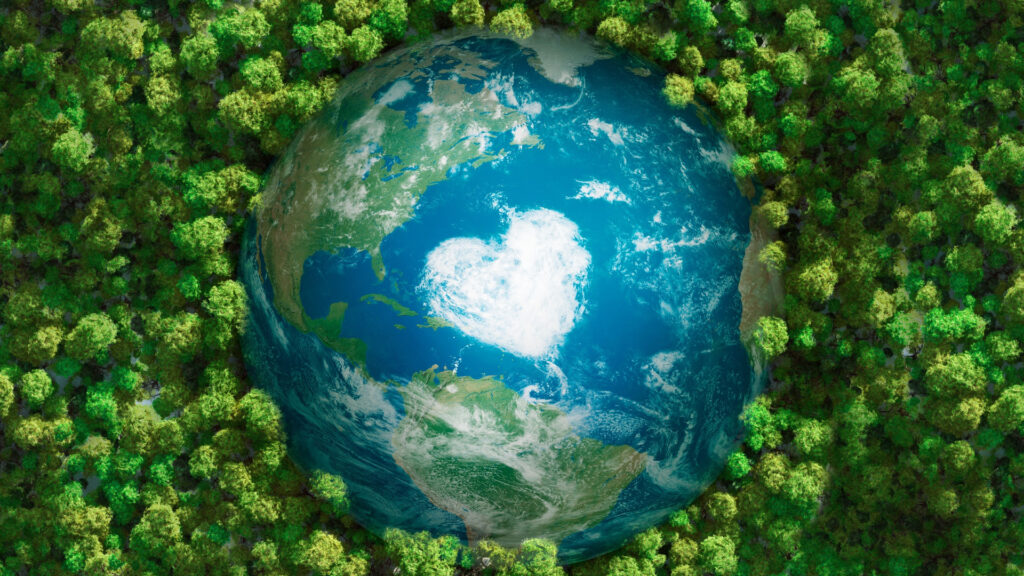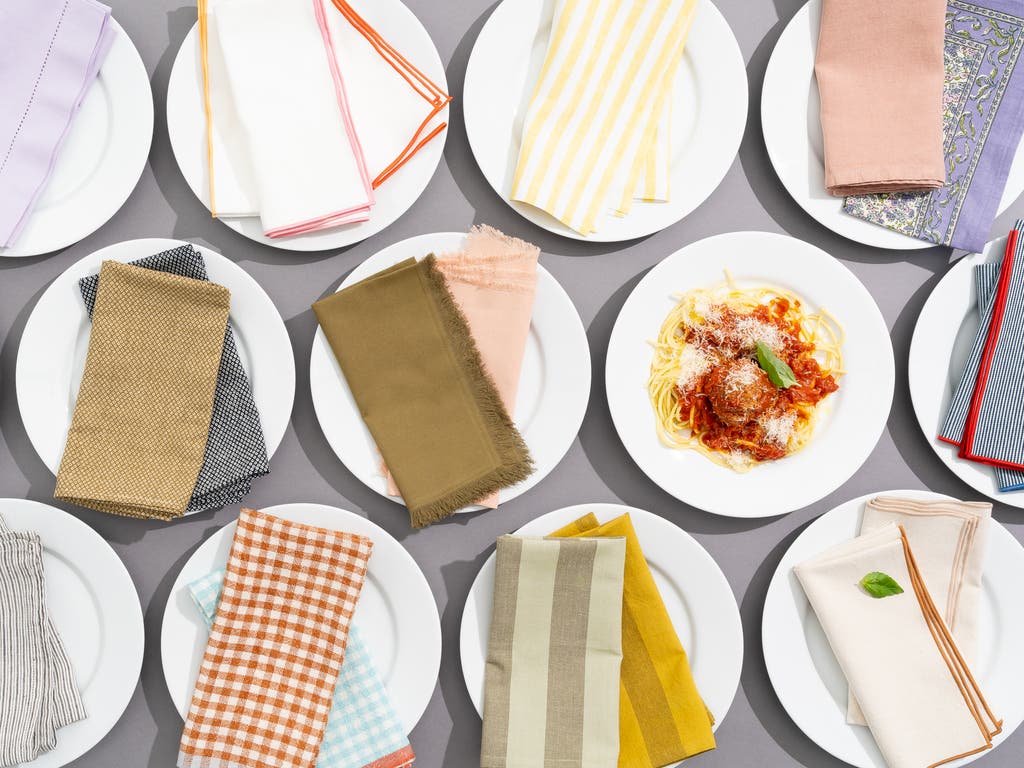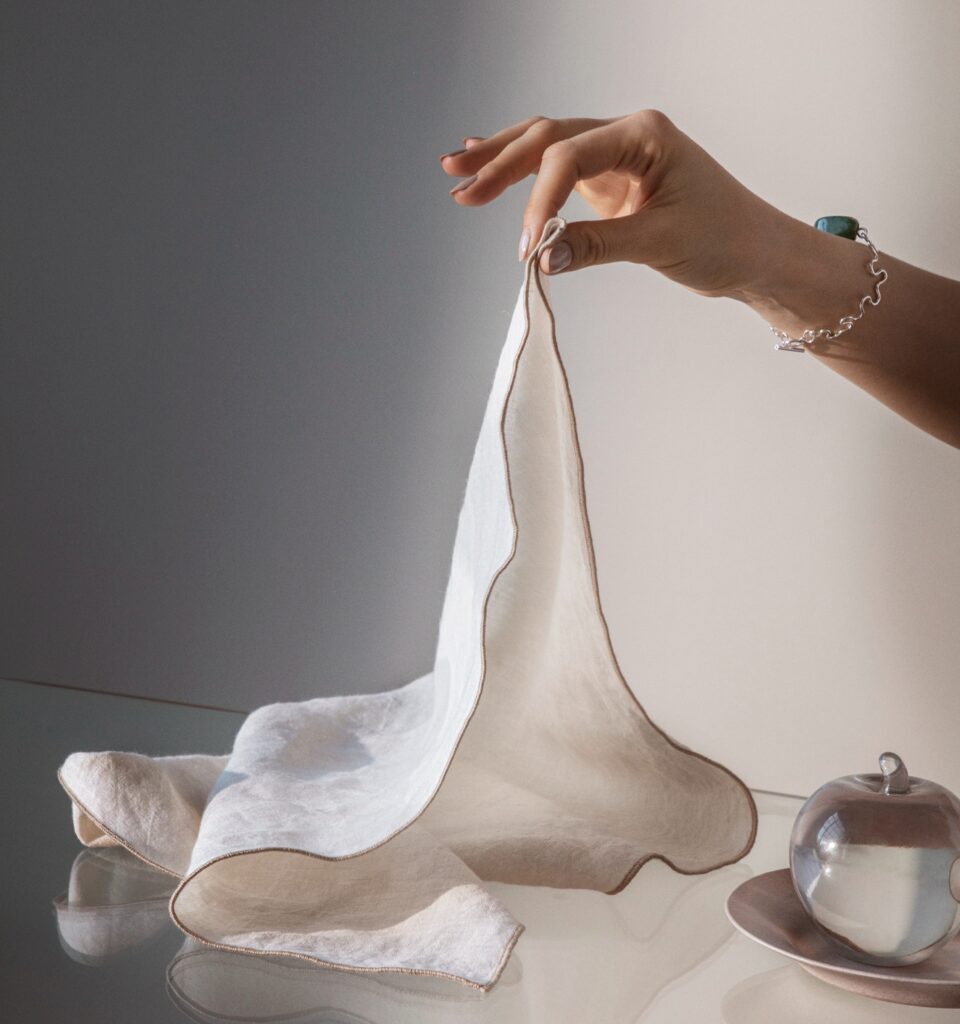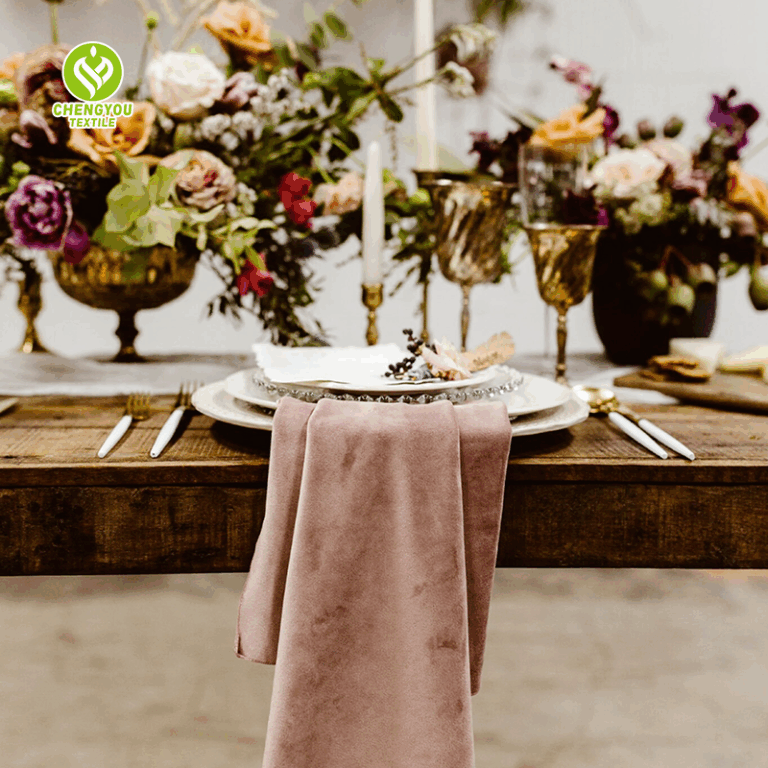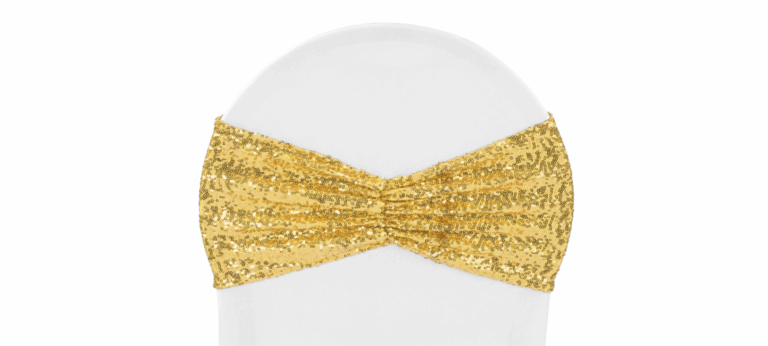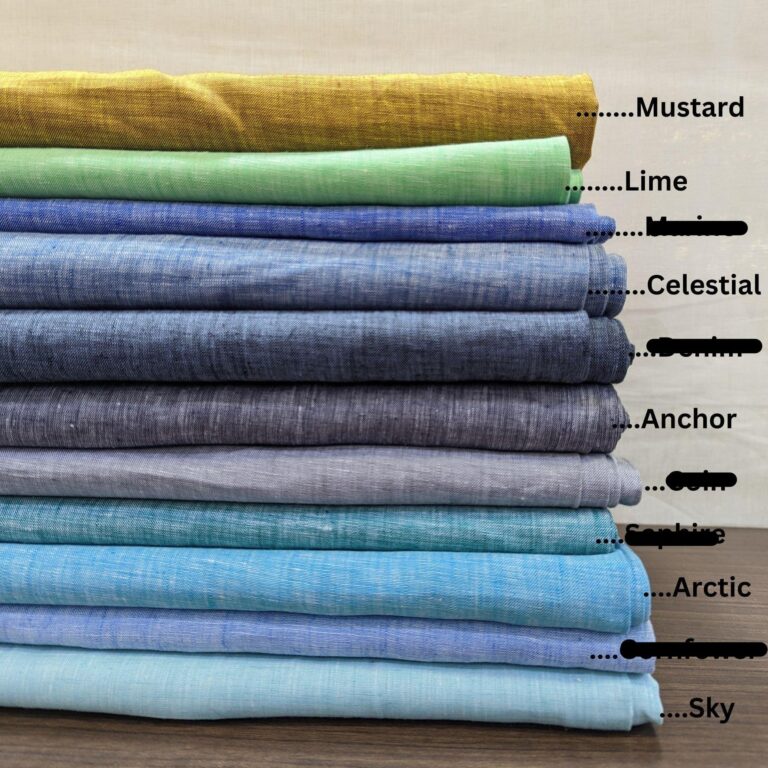Earth Day reminds us that every daily choice affects the ecological balance. When your fingertips touch disposable napkins, there is a whole forest falling down behind them – 17 adult trees need to be cut down for every ton of virgin pulp, and the paper towels consumed worldwide each year can circle the earth 1,500 times. Cloth napkins are taking on the environmental mission with their softness, creating ecological miracles in a cycle.
Reusable cloth napkins limit resource consumption to the first use. Cotton and linen fibers can withstand hundreds of washes, and the environmental cost of a single use decreases exponentially with the number of washes. When a cloth towel is stained with oil, clean water and sunlight can give it a new lease of life, which is in stark contrast to the water, electricity and coal required to produce new paper towels: producing 1 ton of paper towels requires 2.2 tons of logs, 30 tons of water and 7,000 kilowatt-hours of electricity.
In the current era of garbage siege, cloth napkins weave the aesthetics of subtraction. Each household switching to cloth napkins can reduce 300 kilograms of solid waste each year. These cellulose wastes that should have been landfilled release methane 21 times faster than carbon dioxide in the wet ground, while a simple linen napkin can quietly serve for twenty years and eventually turn into cotton wool that nourishes the land.
Environmentally friendly choices extending from the dining table are reshaping modern people’s consumption ethics. What we touch is not only the warmth of the fabric, but also a gentle promise to the earth. This promise does not require a grand narrative, but only requires choosing a piece of cloth that will accompany you a thousand times every time you dine.
CHENGYOU TEXTILE–WHO AM I AND WHAT IS MY MISSION
As a 13 years factory of textile products for event and home decoration, exceed clients expectations by offering superior product and service at every interaction and on every order

